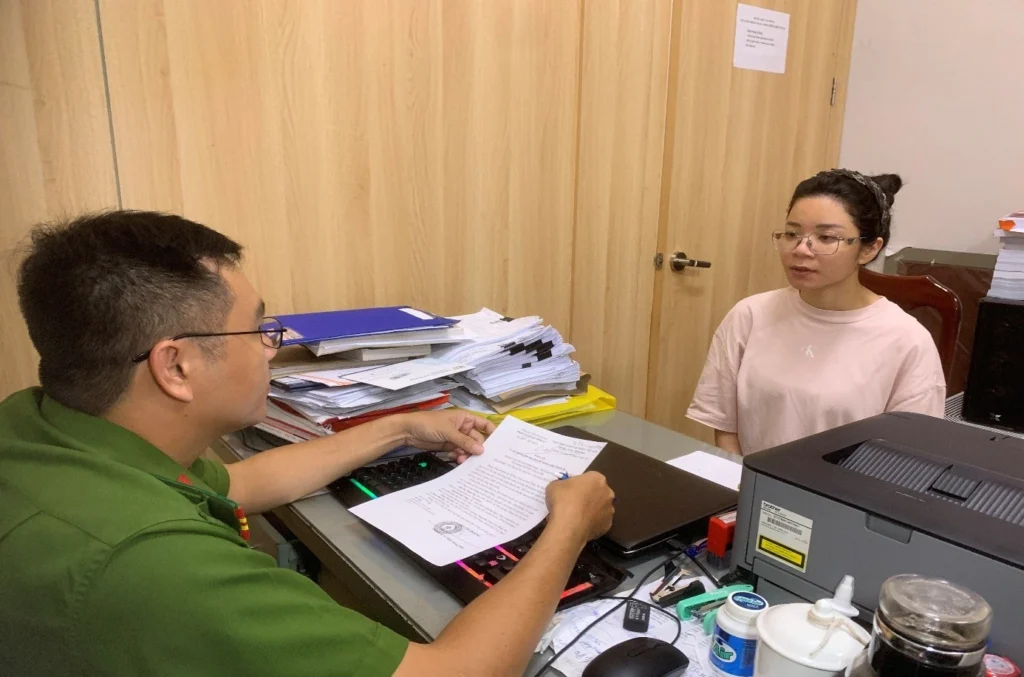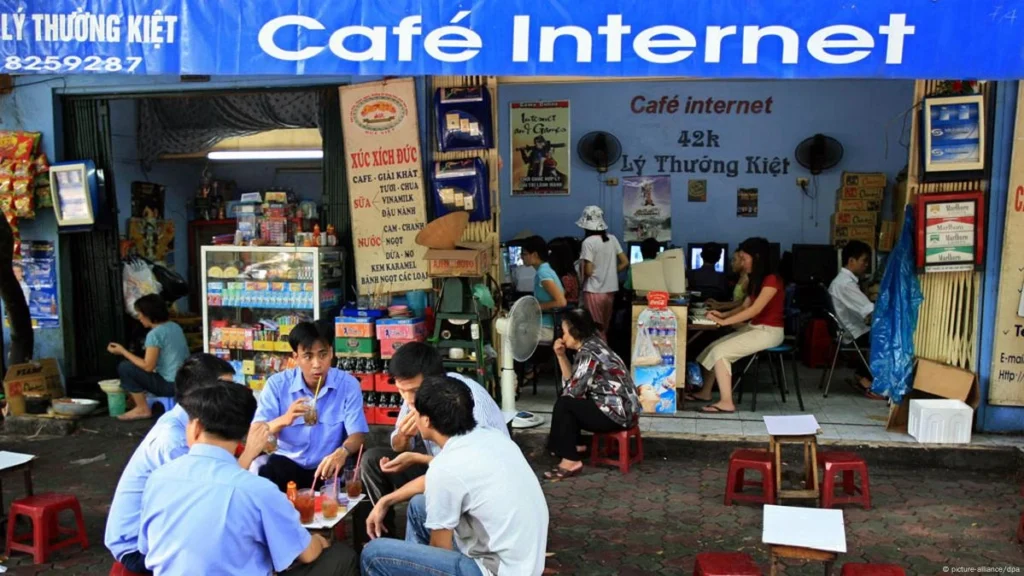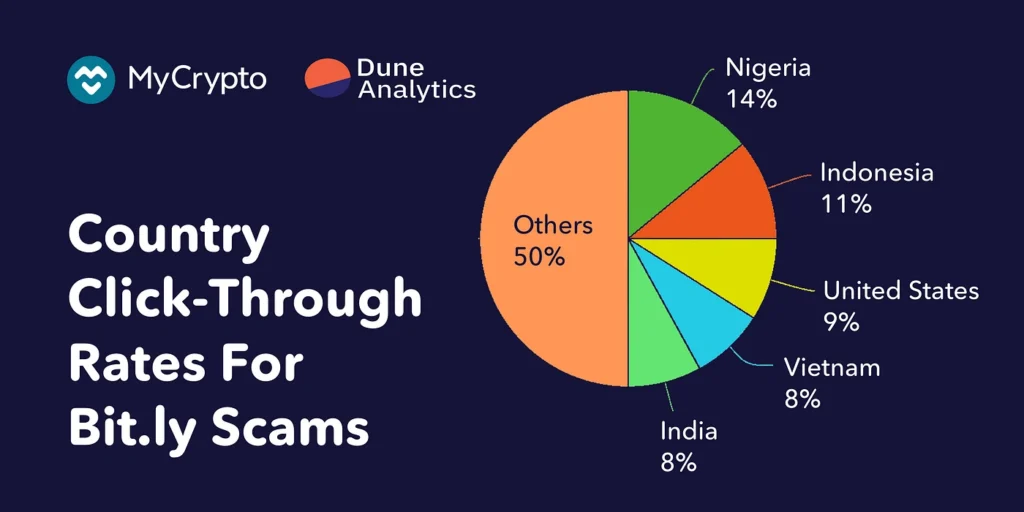Crypto Scams Are on the Rise in Vietnam
The digital gold rush is alive and well in Vietnam. From Hanoi’s coffee shops to Ho Chi Minh City’s tech hubs, crypto trading has become a mainstream pursuit — a financial frontier for both experienced investors and curious newcomers. But behind the excitement and upward charts, a quieter threat has taken root: crypto scams in Vietnam are evolving quickly, ensnaring even seasoned traders.
What makes these scams so dangerous is their growing sophistication. Gone are the days when phishing emails or clumsy websites were the main threat. Today, bad actors are building full-scale fake platforms, leveraging influencer-style marketing, and organizing coordinated schemes through social channels like Telegram and Zalo. Without strong regulatory enforcement, these scams are multiplying — and the cost to victims is often swift and irreversible.
The Human Cost Behind the Headlines

Credit from Báo VietNamNet
Real-life examples reveal how easy it is to fall prey. One widely reported case involved a trading app that mimicked the interface of a major international exchange. At first glance, it felt authentic — it even required KYC verification and displayed real-time market data. But once users deposited funds, they discovered that withdrawals were silently blocked. Customer support vanished, and within days, the website had been wiped clean.
Another incident, reported in Da Nang, involved a private Telegram group offering “exclusive Vietnamese token launches.” After a frenzy of purchases, the tokens crashed in value, and the group’s administrators disappeared without a trace. These scams rely on a sense of urgency and trust, particularly preying on those still learning the ropes.
What makes these situations more troubling is how common they’ve become. Scroll through any Vietnamese crypto forum or Facebook group and you’ll find warnings, screenshots, and anxious questions from victims or near-misses.
Spotting the Patterns Behind Crypto Scams in Vietnam

Credit from DW
While no one is immune, staying alert to certain behavioral patterns can make a difference. Scams often share similar DNA: promises of fast, guaranteed profits, vague or unverifiable project teams, and manipulative language designed to rush decisions. Visual cues like fake media endorsements or logos of reputable exchanges add a layer of false credibility.
Some platforms exaggerate urgency, suggesting offers are limited or time-sensitive. Others present themselves as invitation-only “communities” where trust is manipulated as a marketing tool. By the time doubt creeps in, many users have already handed over funds.
These tactics are not new — but they are increasingly well-executed.
Navigating Vietnam’s Crypto Scene Safely

Credit from Medium
In a market where formal regulation is still catching up, secure trading tips are more than best practices — they’re critical defenses.
Many traders are choosing to operate through globally recognized exchanges that have stronger compliance and user protections. Multi-factor authentication has become standard among cautious users, especially as mobile hacks grow more common.
Another widespread shift is the move away from storing assets on exchanges. Cold wallets — offline, physical storage devices — offer a level of protection that online platforms can’t. And when it comes to unsolicited advice, especially through messaging apps or social media, the safest response is silence.
The common thread across all these practices is self-responsibility. Without institutional safeguards in place, every decision — from where you buy to how you store — carries extra weight.
Vietnam’s Evolving Response to Crypto Fraud

Credit from Digital Watch Observatory
Officially, Vietnamese authorities have acknowledged the rise in fraud. The Ministry of Public Security has issued public warnings, and discussions around regulation are gaining traction. But enforcement remains limited, and the decentralized nature of crypto makes tracing bad actors — especially those based overseas — a significant challenge.
In the meantime, grassroots solutions are filling the gap. Online communities, especially on platforms like Reddit, Zalo, and Facebook, have become informal alert systems. Posts calling out suspected scams often go viral, and shared databases of risky sites or users are emerging.
Still, the landscape changes fast. Once one platform is flagged, another pops up under a different name, often reusing the same scam architecture with subtle tweaks.
Crypto Safety in Vietnam Starts with Awareness
Vietnam’s crypto market is undeniably vibrant, drawing global attention and local enthusiasm alike. But its growing popularity has made it fertile ground for deception. As the tools and narratives used by scammers become more refined, the best protection is education, vigilance, and a strong sense of skepticism.
Crypto scams in Vietnam aren’t going away overnight. But armed with secure trading tips and an eye for red flags, users can reduce their risks dramatically. The technology offers real opportunity — but it also demands real caution.
Your digital assets are worth protecting. In this evolving market, staying informed may be the smartest investment you make.






